The Rich Tapestry of Phuket’s History: A Comprehensive Exploration
Introduction
Known for its sparkling beaches and vibrant culture, Phuket is a popular travel destination. Yet, it’s also an island steeped in history. This article offers a layered and comprehensive look into Phuket’s multifaceted past, tracing its journey from prehistoric times to the present.
Prehistoric Phuket
Before it became a bustling trade hub and tourist destination, Phuket had a long prehistoric past. Archaeological evidence indicates that human settlements existed on the island as far back as the Neolithic era. These early communities were likely connected to the island’s rich marine ecosystems.
A Nexus of Trade and Exploration
The island’s strategic location between India and China made it a critical maritime stopover. Early traders anchored their ships in Phuket’s harbours, waiting for favourable winds to carry them towards India.
The Original Inhabitants
Indigenous tribes originally inhabited Phuket’s interior jungle, while the coastal areas were home to the Chao Leh sea-gypsies. These communities maintained their lifestyles until tin miners gradually displaced them in the 19th century.
Thai Sovereignty and the Sirivijaya Empire
Phuket was incorporated into a Thai state in the 13th century when Thai armies from Sukhothai overtook the island from the Sirivijaya Empire in Sumatra.
The Tin and Rubber Era
Phuket became renowned as a significant source of tin by the 16th century. As the island’s economic value grew, European powers like the British considered claiming it. However, they ultimately opted for Penang, allowing Phuket to continue under Thai rule.
Tourism: The New Frontier
The 1970s marked the advent of tourism in Phuket. With the construction of an airport in the mid-1970s, the island rapidly transformed into a must-visit destination, now attracting millions of tourists annually.
The Battle of Thalang and the Heroines of Phuket
The island’s populace, led by sisters Lady Chan and Lady Muk, heroically fended off a Burmese invasion in 1785. Today, their bravery is commemorated with a monument north of Phuket City.
The Evolution of a Name
Initially known as “Junk Ceylon,” Phuket underwent several name changes before adopting its moniker derived from the Malay word “Bukit,” meaning hill.
Further Exploration
A visit to the Thalang National Museum is recommended for a deeper historical understanding.
Conclusion
Phuket is not just a holiday escape; it is an island that invites you to immerse yourself in its rich historical tapestry. Understanding Phuket’s past adds an enriching layer to any visit, making each experience more meaningful.
Author’s Note
Whether you’re lounging on the beach or exploring the older quarters of Phuket Town, the island’s history is ever-present. A grasp of this rich past only enhances the enjoyment and understanding of what Phuket offers today.
If you want to ensure you are current on the dos and don’ts of renting in Phuket – click here to get started.



